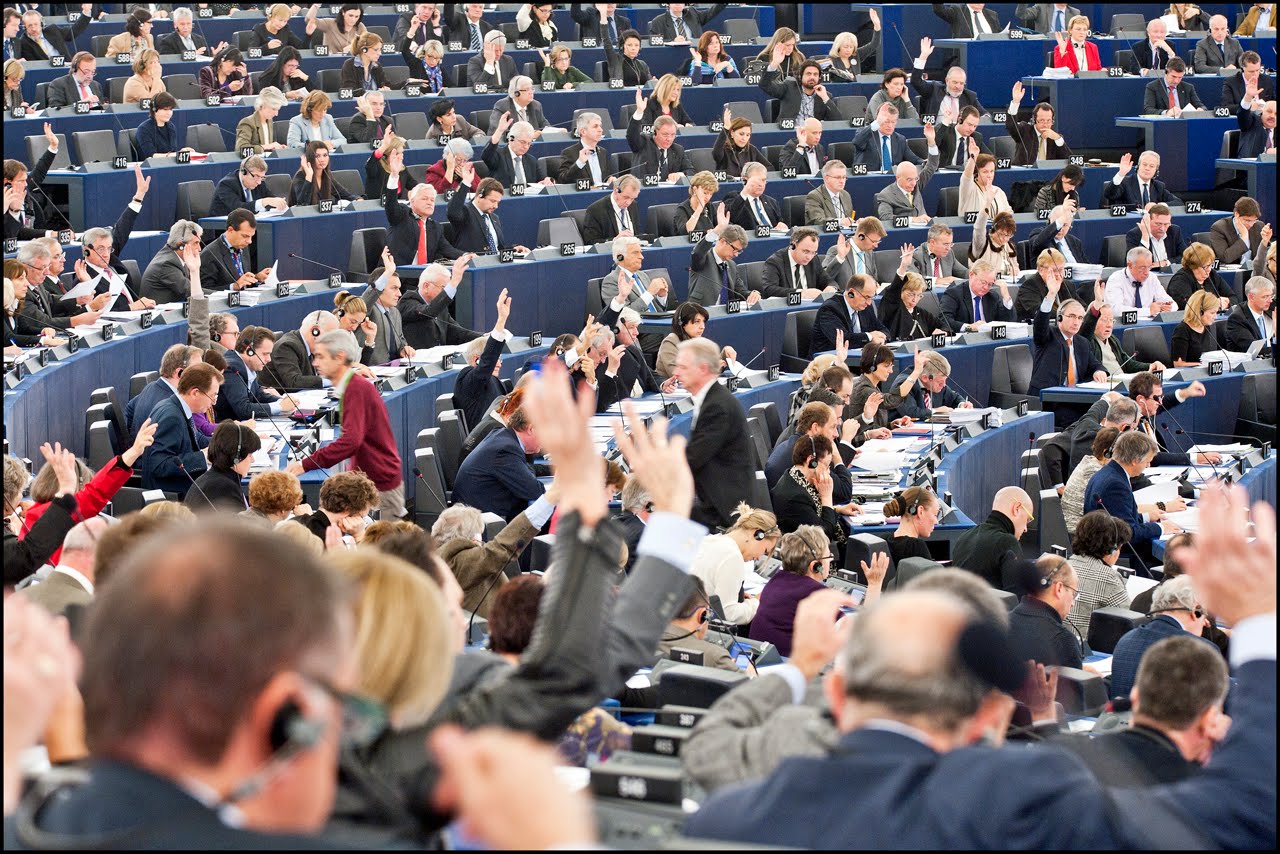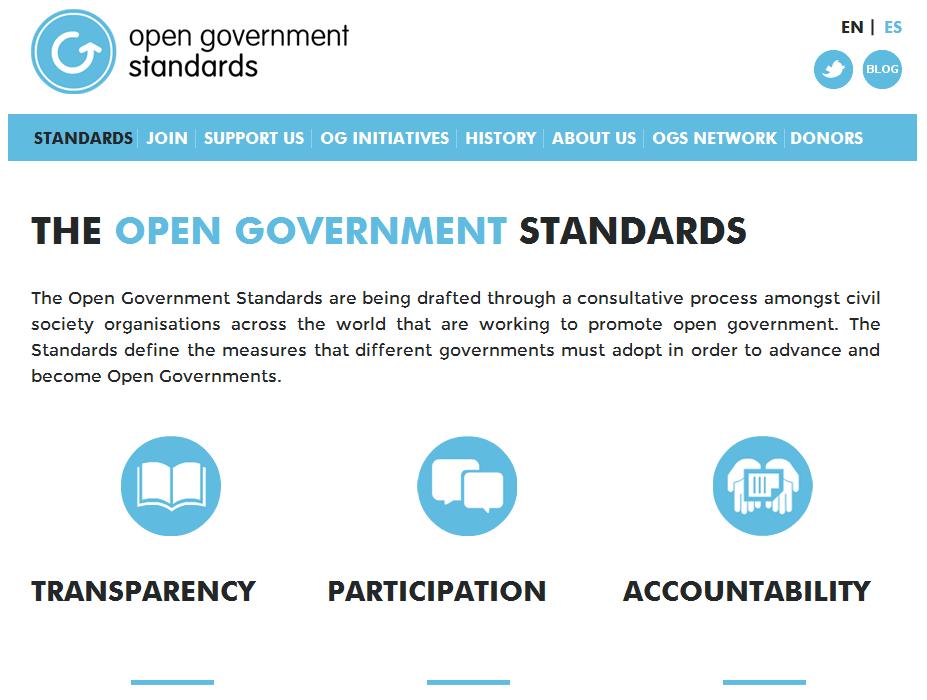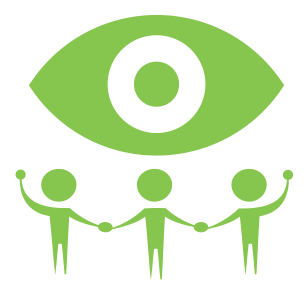European Parliament votes to increase transparency of decision-making
Helen Darbishire2020-01-29T11:14:52+01:00Madrid/Brussels, 7 March 2014 - Access Info Europe has welcomed the decision [1] by the European Parliament to bring greater transparency to its decision making by recording and publishing records of final voting in committee. Previously most committee votes were taken by a simple show of hands and were not recorded. The decision, adopted on 26 February 2014, applies to all final votes on resolutions and legislation. It also makes it compulsory to record and publish the final votes by MEPs in plenary on non-binding resolutions. “This decision will make it easier for citizens to hold MEPs to account, and






